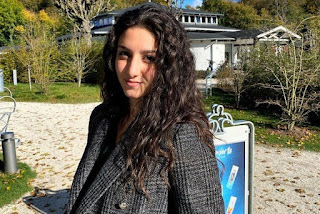To federal health officials, asking states on Tuesday to suspend use of the Johnson & Johnson coronavirus vaccine until they could investigate six extremely rare but troubling cases of blood clots was an obvious and perhaps unavoidable move.
But where scientists saw prudence, public health officials saw a delicate trade-off: The blood clotting so far appears to affect just one out of every million people injected with the vaccine, and it is not yet clear if the vaccine is the cause. If highlighting the clotting heightens vaccine hesitancy and helps conspiracy theorists, the “pause” could ultimately sicken — and even kill — more people than it saves.
“It’s a messaging nightmare,” said Rachael Piltch-Loeb, an expert in health risk communications at the N.Y.U. School of Global Public Health. But officials had no other ethical option, she added. “To ignore it would be to seed the growing sentiment that public health officials are lying to the public.”






